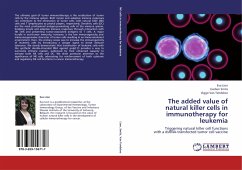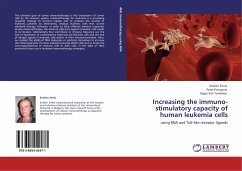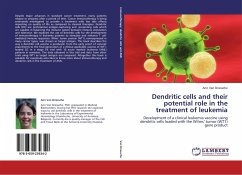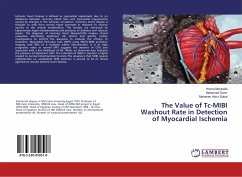The ultimate goal of tumor immunotherapy is the eradication of tumor cells by the immune system. Both innate and adaptive immune responses can contribute to the elimination of tumor cells, with natural killer (NK) cells and T lymphocytes as pivotal players, respectively. Dendritic cells (DC) are the most professional antigen-presenting cells of the immune system, bridging innate and adaptive immune responses through interaction with NK cells and presenting tumor-associated antigens to T cells. A major hurdle in anti-tumor immunity, however, is the low immunogenicity and immunosuppressive character of tumor cells resulting in an immunotolerant environment. Here, the primary scope was to increase the immunogenicity of leukemic cells by introducing a danger signal to break immune tolerance. We clearly demonstrate that transfection of leukemic cells with the synthetic double-stranded RNA agonist poly(I:C) provides a way to overcome immune evasion, evidenced by their enhanced capacityto activate both NK cells and DC. We draw particular attention to the significance of NK cells, advocating for reinforcement of both cytotoxic and regulatory NK cell functions in cancer immunotherapy.
Bitte wählen Sie Ihr Anliegen aus.
Rechnungen
Retourenschein anfordern
Bestellstatus
Storno








